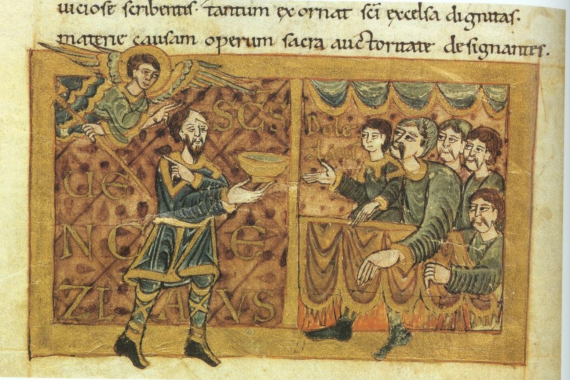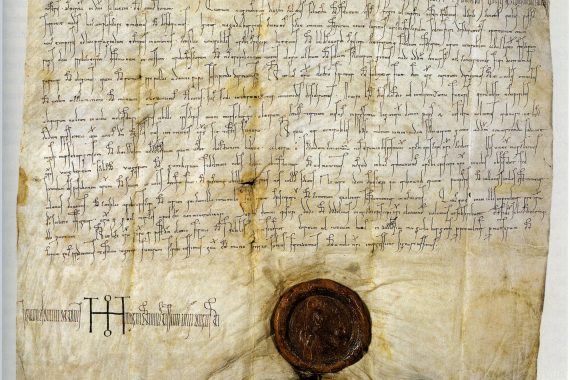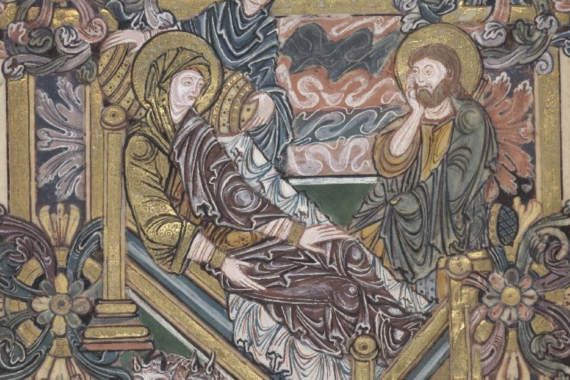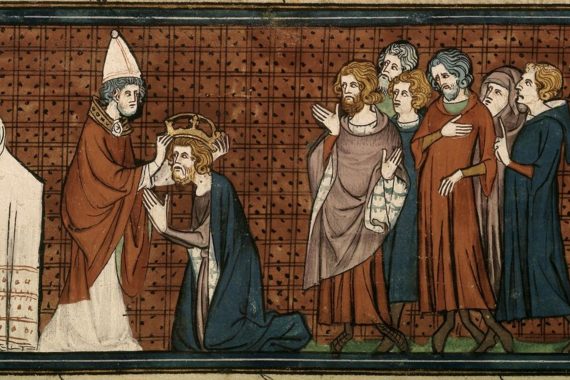Good King Wenceslas? Royal Justice in the Tenth Century (Part I)
The Bohemian Duke Wenceslas has been closely associated with Christmas ever since 1853, when John Mason Neale set his ‘Good King Wenceslas’ to the tune of a medieval spring carol. Despite Neale’s effort being described as ‘ridiculous’, ‘doggerel’ and ‘poor’ by critics of the time, it has become a ubiquitous part of December for many,…




